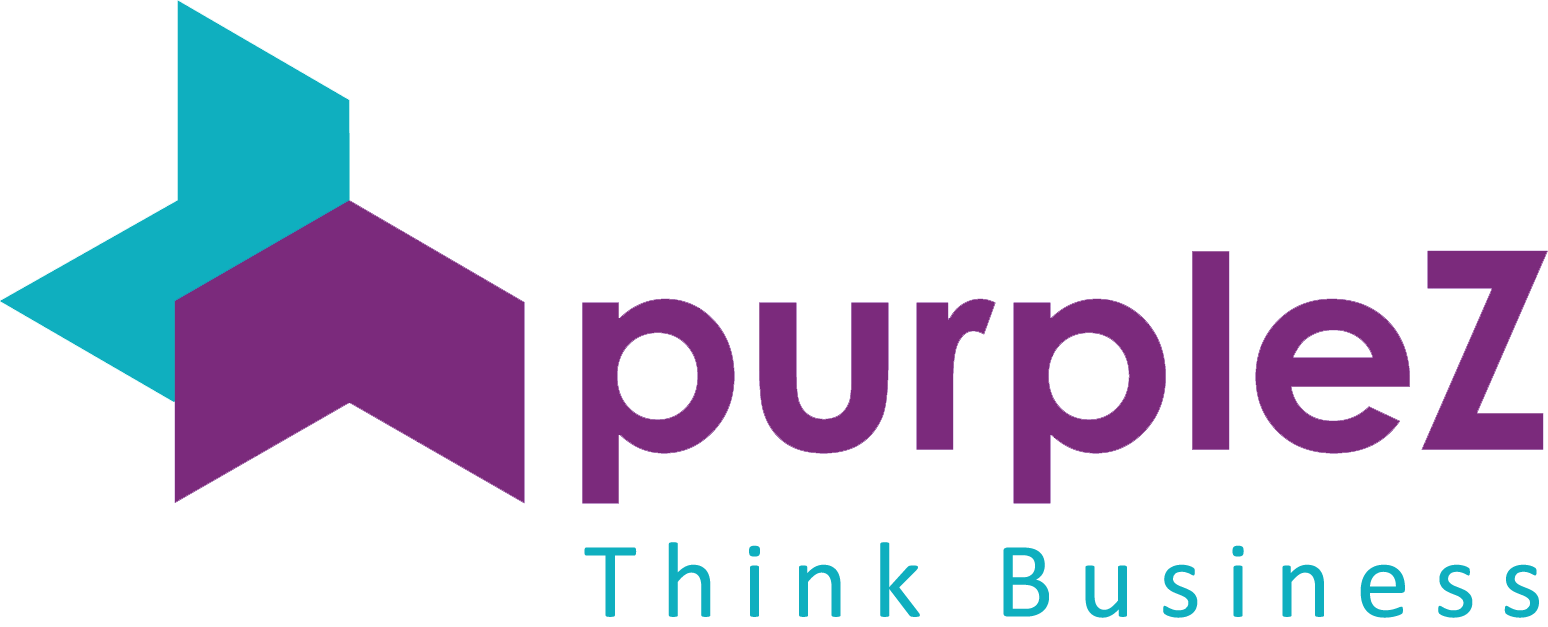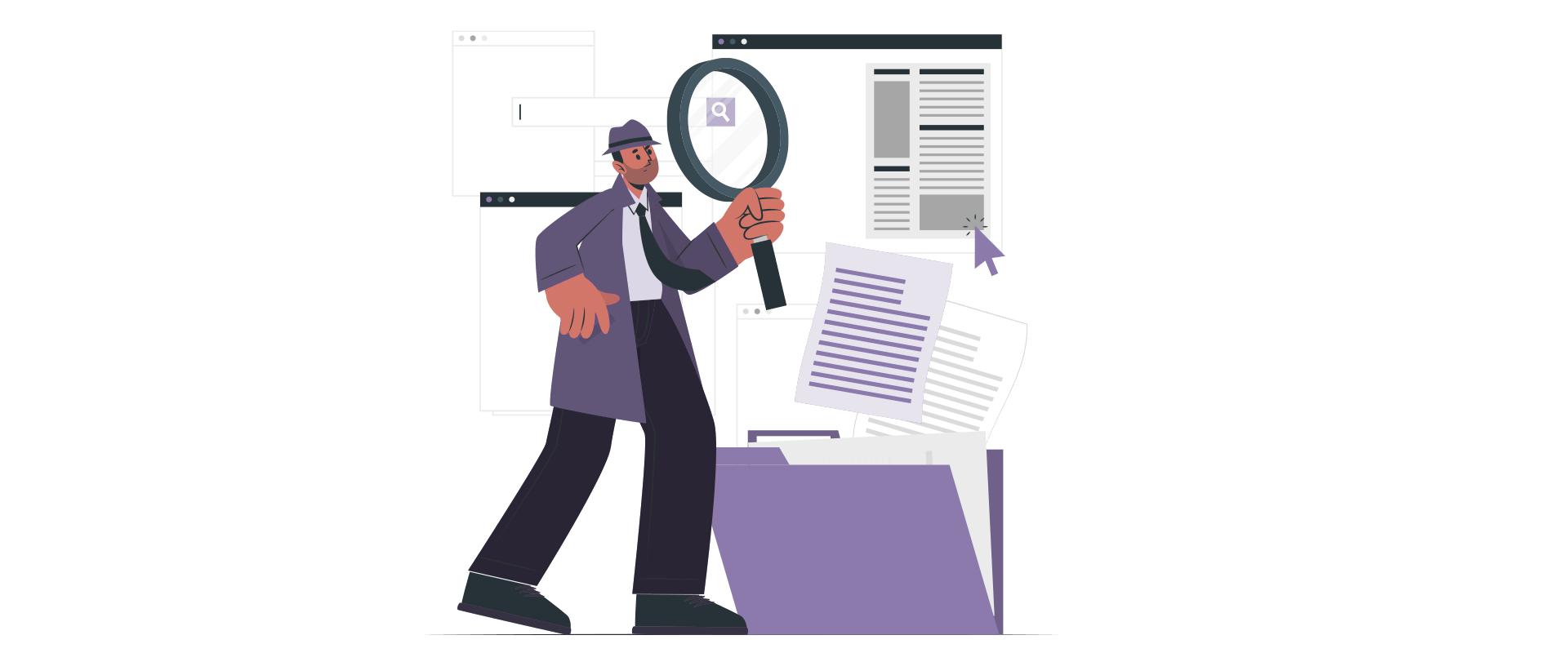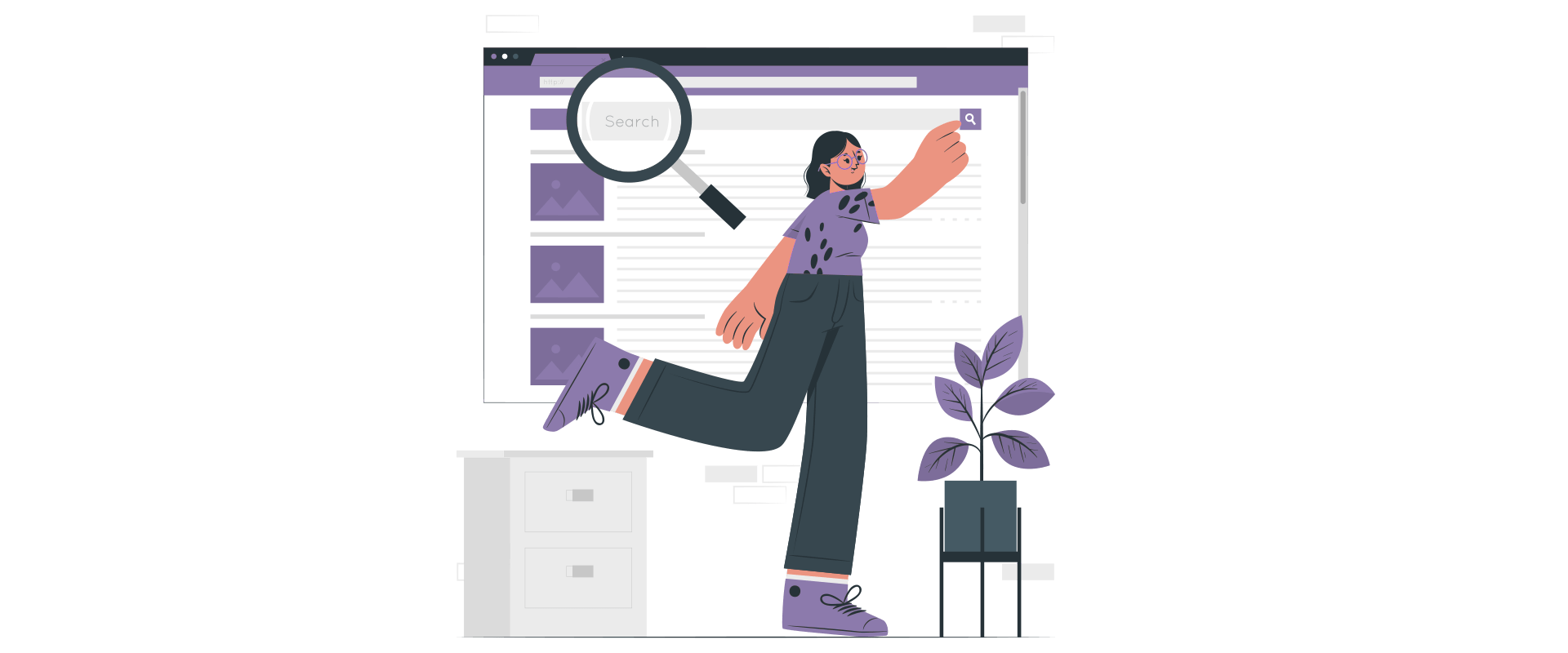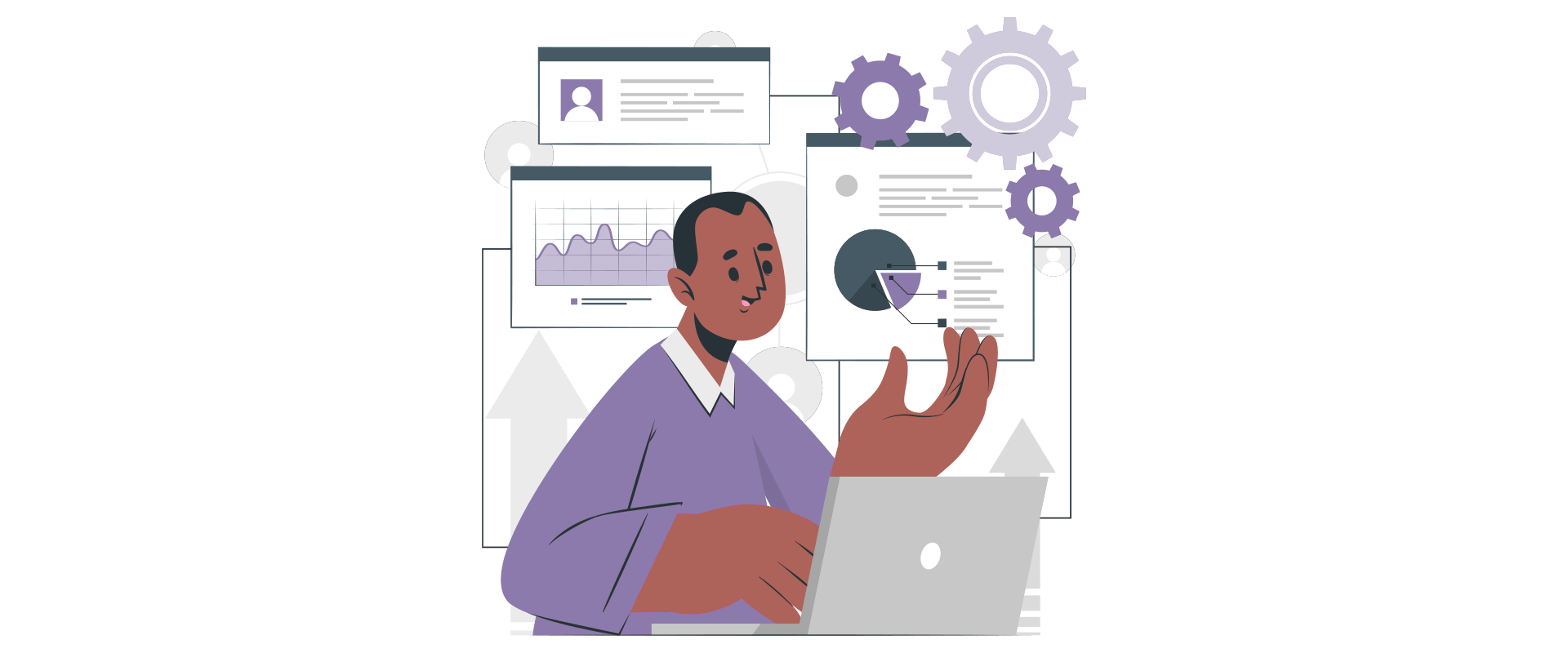Contents
With increasing online competition, an effective SEO strategy can help set your law firm apart. Most potential clients now begin their search for legal representation on Google and other search engines. If your website does not rank highly and appear prominently in results, you will miss out on valuable leads and new business.
Implementing SEO best practices allows you to build authority, improve visibility, and attract clients actively looking for personal injury lawyers. Your website content and technical optimization signal search engines that your firm is relevant for queries related to personal injury law. If done right, SEO generates a steady stream of qualified prospects for your website and phone number.
This guide by PurpleZ will overview the top SEO strategies personal injury lawyers should focus on this year. We’ll cover important topics like keyword research, on-page optimization, link building, and more. Following these tips can help you gain a significant competitive advantage and grow your firm in 2024.
Keyword Research
When it comes to personal injury lawyers, some key things to focus your keyword research on include:
Research which keywords potential clients are searching for about your city, county, or state. For example, “personal injury lawyer SEO in Miami” or “car accident attorney in Los Angeles.”
- Identify keywords related to your specific practice areas, such as “medical malpractice attorney,” “slip and fall lawyer,” or “dog bite injury lawyer.”
- Long tail keywords are more specific, multi-word phrases like “What to do after a car accident lawyer.” They tend to have less competition but also lower search volume.
The key is to balance high-competition keywords with more volume, like “personal injury lawyer,” and very specific long-tail versions.
It’s also crucial to focus on keywords that indicate user intent to hire or research a lawyer rather than learn about the topic. For example, a “personal injury lawyer free consultation” shows commercial intent.
By taking the time to research which keywords your potential clients are using thoroughly, you can tailor your content for maximum impact. This will pay off with higher-quality traffic and more conversions over time.
Optimizing Page Titles
The title tag is one of the most important on-page SEO elements for ranking higher in search results and driving traffic. Optimal title tags are concise, compelling, and contain relevant keywords. Here are some best practices for title tag optimization:
- Keep titles under 60 characters – longer titles may get cut off in search results.
- Include your most important keyword phrase at the beginning of the title tag.
- Write titles for users first – make them interesting and enticing.
- Avoid overuse of keywords – titles should sound natural, not stuffed.
- Use compelling power words that inspire clicks, such as “guide,” “tips,” or “strategies.”
- Write unique title tags for each page – don’t just copy your homepage title.
- Check titles on search engine results pages and iterate based on performance.
- Conduct A/B testing on titles to see which drives more clicks.
Well-optimized title tags signal search engines that a page offers useful content on a topic. They also play a key role in click-through rates. Refining page titles based on keyword research, branding, and user behavior data can directly impact organic traffic and rankings.
Meta Descriptions
While meta descriptions don’t directly impact search engine rankings, they serve as a sales pitch to get searchers to click on your site.
Follow these tips for writing compelling meta descriptions:
- Keep meta descriptions between 150-160 characters. Google will cut off descriptions longer than that.
- Include your most important keywords naturally in the meta description, but keep your keywords manageable.
- Write meta descriptions in sentence fragments or full sentences. Don’t just list keywords.
- Craft compelling descriptions that create curiosity and entice searchers to click. Ask questions or highlight your value proposition.
- Use emotional keywords and powerful words that drive action, such as “discover,” “explore,” and “master guide.”
- Ensure meta descriptions are consistent with your on-page content. Don’t mislead searchers.
- Test different meta-description versions to see which ones have the highest click-through rates.
- Meta descriptions provide extra opportunities for keyword targeting. Make sure to include semantic variations and long-tail keywords.
Well-written meta descriptions help increase search engine click-through rates. Take the time to optimize them for each page on your site.
URL Structure
Properly optimized URLs can improve click-through rates from search engines and convey key information to search engine bots.
When structuring URLs, law firms should follow best practices such as:
- Include important keywords related to each page’s content in the URL. For example, a page about personal injury claims could have a URL like examplelawfirm.com/personal-injury-claims.
- Minimize question mark parameters like ?id=123 and other dynamically generated URL components. These provide no value to users or search engines.
- Structure URLs to represent the logical hierarchy and relationships between pages. The homepage is at the root domain; service pages are under /services/, location pages are under /locations/, etc.
- Hyphens in place of underscores or camelcase improve readability.
- Don’t nest pages too deep or use excessive subfolders. Pages closer to the root domain tend to perform better.
- Include the city, state, or region in the URL for location-specific pages, like examplelawfirm.com/boston-personal-injury-lawyer.
- Use either all lowercase or uppercase for URLs; don’t mix cases. Lowercase is recommended.
- Concise URLs with the most important keywords tend to perform best. Avoid overly long or complex URLs.
Alt Text
Alt text is a crucial component of on-page SEO and accessibility for personal injury lawyer SEO. Proper image alt text can help boost rankings and drive more qualified traffic.
Personal injury law firms should optimize alt text with relevant keywords where appropriate. However, avoid overstuffing with keywords, as this looks spammy.
Here are some best practices for alt text optimization:
- What is the image about? Who or what is pictured?
- Include important contexts, like location, for building photos.
- Use important keywords naturally where they fit. For example, “Attorney Jane Doe shakes hands with happy client after car accident settlement case.”
- Avoid repetitive generic phrases like “lawyer photo.” Make each one unique.
- Keep descriptions under 125 characters. Screen readers cut off lengthy alt text.
- Leave alt text blank only for purely decorative images that add no context.
Strategic alt-text optimization allows personal injury law firms to drive more qualified traffic and leads from image search and social media.
Content Optimization
Creating compelling, informative content should be the top priority for any law firm’s website. The content should focus on providing value to potential clients by addressing common legal issues and questions.
It’s also important to keep SEO best practices in mind when writing content. Here are some tips:
- Research keywords that potential clients may be searching when looking for a personal injury lawyer SEO. Use these keywords naturally throughout your content.
- Break content up with subheadings (H2, H3 tags) to make it more scannable and optimize it for on-page SEO.
- Answer common questions and address issues that potential clients care about. Provide detailed, useful information rather than general overviews.
- Optimize content for local SEO by mentioning your city and state. Include geo-targeted keywords.
- Create pillar pages that comprehensively cover specific topics and cluster content around related themes. Interlink these pages together.
- Regularly update old content to keep it fresh and relevant in search engines’ eyes.
- Write longer, in-depth articles of at least 1,500 words. More content gives search engines more to index.
- Include images, charts, or other media to make posts more engaging and scannable.
Schema Markup
Search engines can better comprehend the material on your website thanks to schema markup. By adding schema, you may assist search engines return your pages for pertinent queries by giving them more context. Increased click-through rates from search results may result from this.
Here are some of the main benefits of using schema markup for SEO as a personal injury law firm:
- Adding schema can enable your law firm to show rich snippets in search results, like star ratings, opening hours, contact info, and more. This makes your listing more eye-catching.
- Pages with schema markup tend to perform better in search results. The additional context helps search engines understand the relevance of your content.
- Schema can directly help drive more organic traffic to your site by improving rankings and CTR from search results.
- Rich snippets and additional information in search listings can help build credibility and trust in your law firm.
Here are some tips for implementing schema as a personal injury law firm:
- Focus on your location pages and attorney bios first. These can greatly benefit from the schema for local businesses, people, opening hours, etc.
- On service pages, use schema.org/Service to highlight your areas of practice. This showcases expertise.
- On FAQ pages, use schema.org/FAQPage and schema.org/Question. This helps search engines interpret the Q&As.
- On blog posts, use the BlogPosting schema. Also, use schema for images, videos, events, and more.
- Test your markup with Google’s Structured Data Testing Tool. This confirms your schema is working as intended.
- Keep your schema markup minimal and focused. Keep your time optimizing, or you may get a Google penalty.
Proper schema markup implementation will enhance your SEO and presence in search results. Just make sure to keep your usage precise and relevant to each page.
Link Building
Link building is crucial in search engine optimization and ranking highly in search results.
There are several white hat link-building techniques personal injury lawyers should focus on:
- Properly filling out and optimizing profiles on sites like Martindale, Avvo, Lawyers.com, etc., will help drive referral traffic and gain backlinks. Keep profiles up-to-date.
- Distributing press releases through paid wire services or free distribution sites can garner backlinks, especially if media outlets pick up on them. Focus press releases on law firm news, cases, attorney awards, etc.
- List your law firm on local business directories and citation sites. This helps establish your GMB listing as authoritative. Stick to high-quality local directories relevant to legal services.
- Find broken links on high-authority sites pointing to outdated or removed content. Offer to create replacement content and gain a backlink. Focus on legal sites or local sites relevant to your firm.
- Being active on social media and engaging with others can lead to backlinks when others mention or reference your content. Provide helpful legal commentary and advice.
The key is focusing on backlinks from reputable, relevant sites. Avoid low-quality directories, excessive guest posts, paid links, and other tactics that may violate Google’s guidelines. White hat link building takes effort but pays off with higher rankings and referral traffic.
FAQs
You asked, we answered:
What Is Personal Injury Lawyer SEO?
Personal Injury Lawyer SEO refers to the implementation of Search Engine Optimization (SEO) strategies specifically tailored for personal injury lawyers. These strategies aim to improve the visibility of a personal injury lawyer’s website on search engine result pages, thereby attracting more potential clients.
Why Should a Personal Injury Lawyer Invest in SEO?
Investing in SEO can help a personal injury lawyer increase organic traffic to their website, enhance visibility in local search results, and improve their online reputation. As a result, they can potentially attract more clients, and outperform competitors in the digital space.
What Are the Top Personal Injury Lawyer SEO Strategies for Success in 2024?
Top strategies for success in 2024 include focusing on local SEO, optimizing for mobile, producing high-quality and relevant content, leveraging high-authority backlinks, investing in responsive web design, and consistently tracking and analyzing SEO performance data.
How Important Is Local SEO for a Personal Injury Lawyer?
Local SEO is extremely crucial for a personal injury lawyer as most clients prefer engaging with legal professionals within their geographical area. By optimizing their online presence for local search, lawyers can significantly increase their chances of appearing in local business listings and map results, which can lead to more inquiries and clients.
In Conclusion
In the rapidly evolving digital landscape, personal injury lawyers face unique challenges and opportunities in optimizing their online presence. The strategies discussed throughout this guide emphasize the importance of a multifaceted approach to SEO, tailored specifically to the legal industry’s competitive nature. As we look towards 2024 and beyond, it’s clear that staying ahead in SEO requires not just adherence to current best practices but also an adaptive, proactive stance towards emerging trends.
Key takeaways include the significance of local SEO, the power of high-quality, specialized content, and the necessity of an optimized, user-friendly website design. Additionally, leveraging social media and online reviews has emerged as a critical factor in building trust and authority in the personal injury law domain.
As search engine algorithms continue to evolve, incorporating AI and machine learning, personal injury lawyers must focus on creating genuinely valuable content that addresses their potential clients’ needs. Voice search optimization and video content are areas poised for growth, offering new avenues to connect with clients in a more personal and engaging manner.
Success in personal injury lawyer SEO is not a one-time achievement but a continuous effort of monitoring, analysis, and adaptation to the digital ecosystem’s changes and that’s where purpleZ comes in. With over 20 years of digital marketing experience we are here for you to increase your business revenue and recognition. Contact us today for a free consultation.
